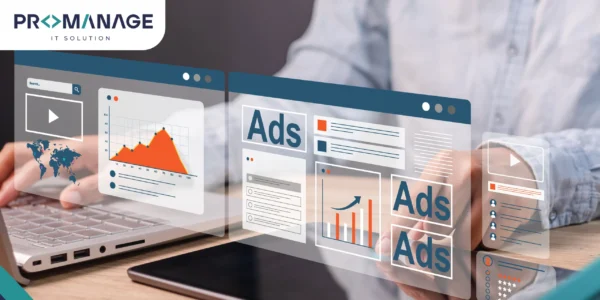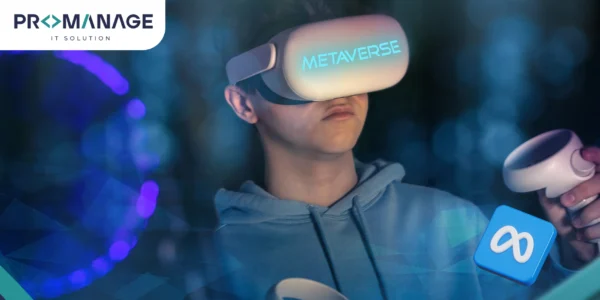Google Ads Suspensions & Bans in 2024: What’s Really Going On?

If you recently opened your Google Ads account and saw the horrible “Google ad account suspended” message, you are not alone. 2024 has been a whistle-stop year for advertisers, and not the good kind.
Google is cracking down harder than ever before:
- Banning millions of ads
- Suspending advertisers at a record pace
- Tightening enforcement using AI.
From completely Google ad suspensions to Adwords accounts being banned without clear reasons, advertisers across industries are feeling the heat.
But what’s really behind this huge change?
LET’S GET INTO THE DATA. THE TRENDS. WHY EVEN GOOGLE’S OWN AI MODEL GOT SUSPENDED.
12.7 Million Advertiser Accounts Suspended: The 2024 Shockwave

That number isn’t just high, it’s nearly double the 6.7 million accounts suspended in 2023.
Why the sudden jump?
Following Google’s 2024 Ads Safety Report, the company is cracking down on a surge of bad actors misusing the platform. These include phishing schemes, misleading promotions, deepfakes, and AI-generated scams.
But here’s the more interesting thing: many legitimate advertisers are being caught in the net. Businesses advertising wellness products, crypto education, or even sensitive new topics are reporting Google bans with little or no explanation.
Being banned from Google, especially without prior warning, signifies losing revenue, leads, and sometimes even your main acquisition channel. For many, it feels like being guilty until proven innocent.
Even Google’s Own AI Model Got Banned
In one of the more odd episodes of the year, Google suspended its own AI model’s ad account after it violated ad policies. Yes, the system it built couldn’t pass its own filters.
This gave rise to serious questions about how the AI enforcers operate. If Google bans itself, what hope is there for the average advertiser?
Automated systems have limitations. Sometimes they misinterpret ad language. Sometimes they flag a whole domain because of a policy on just one page. This is how many advertisers are ending up banned on Google without ever intending to break the rules.
5.1 Billion Ads Removed or Blocked

That’s 5,100,000,000 ads taken down, from across industries, languages, and geographies. According to Google, the most targeted violations were:
- Misrepresentation (fake giveaways, misleading headlines)
- Trademark violations
- Financial services fraud
- Abuse of sensitive events (like wars or natural disasters)
And again, many of those ads weren’t created by scammers; they were taken down because of automated enforcement, vague policy definitions, or content flagged out of context.
AI Moderation, Mass Flagging & Collateral Damage
The reason for the scale? Google is relying more heavily on automated tools, machine learning, and AI-driven ad moderation.
This helps them move fast, but it’s not always accurate.
As more users are encouraged to report a Google ad for being suspicious or misleading, we’re seeing mass flagging events. These sometimes target advertisers unfairly, especially those in sensitive or controversial niches.
Competitors, angry customers, or just confused users can inadvertently (or intentionally) trigger ad suspensions that the AI enforcer doesn’t always validate thoroughly.
That’s why so many advertisers are now Googling:
- “Why was my Google ad account suspended?”
- “Google banned me with no reason.”
- “AdWords suspended, how to recover?”
It’s a frustrating loop, especially when the suspension came not from bad intent, but from automated error or vague policy interpretation.
9.1 Billion Ads Restricted, Even If Not Removed

Sometimes Google doesn’t ban your ad, it just buries it.
In 2024, 9.1 billion ads were restricted, meaning they were allowed to run only under certain conditions. These include:
- Age-gated content (e.g., alcohol, gambling)
- Geographic restrictions
- Sensitive or regulated industries (e.g., politics, health)
- AI-labeled content requiring disclosure
The challenge here? Google often doesn’t notify you clearly when an ad is restricted. Your campaign may see a steep drop in impressions or reach, and you’re left wondering why, only to learn days later that your ad was quietly flagged and limited.
This silent throttling has made many advertisers feel like they’re being shadow-banned, with no clear explanation or opportunity to fix the issue.
What’s Behind Google’s 2024 Crackdown?
While bad actors are certainly part of the story, the 2024 ad crackdown is also fueled by major global trends:
- AI abuse (deepfakes, scammy image generation)
- Election season (increased scrutiny on political ads)
- Misinformation fears (especially around wars, health, and finance)
- Content manipulation (clickbait, fake endorsements, AI voice cloning)
Google says this is necessary to “protect users.” But many honest advertisers are being penalized by over-enforcement, unclear rules, and the sheer complexity of compliance.
Misrepresentation: The #1 Reason for Getting Banned
If you’ve been banned on Google, chances are the policy violation reads something like:
- “Misleading claims”
- “Circumventing systems”
- “Unclear user intent”
The top reason for bans and removals in 2024? Misrepresentation, a catch-all category that includes:
- Ads exaggerating product results
- Landing pages that don’t match the ad
- Fake scarcity or urgency (“Only 3 left!”)
- Impersonating brands or personalities
Unfortunately, many small advertisers fall into this trap without knowing they’ve done anything wrong.
What Can You Actually Do?
When faced with a suspension, here’s what actually helps (and what doesn’t):
- Appeal the decision, with detailed, calm responses and documentation.
- Review your full ad history and landing pages for possible violations.
- Remove or rewrite anything that could trigger the “misrepresentation” label.
- Don’t resubmit the same ad over and over; it might escalate the issue.
- Don’t create a new account. That’s considered “circumventing systems” and leads to a permanent ban.
Also, it’s smart to diversify your advertising. Relying solely on Google is risky in today’s enforcement-heavy climate. Explore Meta, TikTok, Reddit Ads, and organic SEO as backups.
Final Thoughts: The Human Cost of the AI Clampdown
Google’s mission to keep its platforms safe is valid. But the 2024 enforcement wave has made many honest advertisers feel like casualties in a war against scammers.
You can be banned from Google without malicious intent. You can lose your ad reach, your visibility, and your momentum and be left with a generic policy violation notice and no human help.
It’s time for Google to strike a better balance between safety and fairness. Transparency, clearer communication, and faster appeals are not just optional anymore; they’re essential.
Because when Google bans millions, some of those people are just trying to sell their product, grow their business, and play by the rules.













SEO Team Lead
Preeti is a skilled SEO Team Lead passionate about boosting organic traffic and improving search rankings. She leads with data-driven strategies to help businesses grow online effectively.